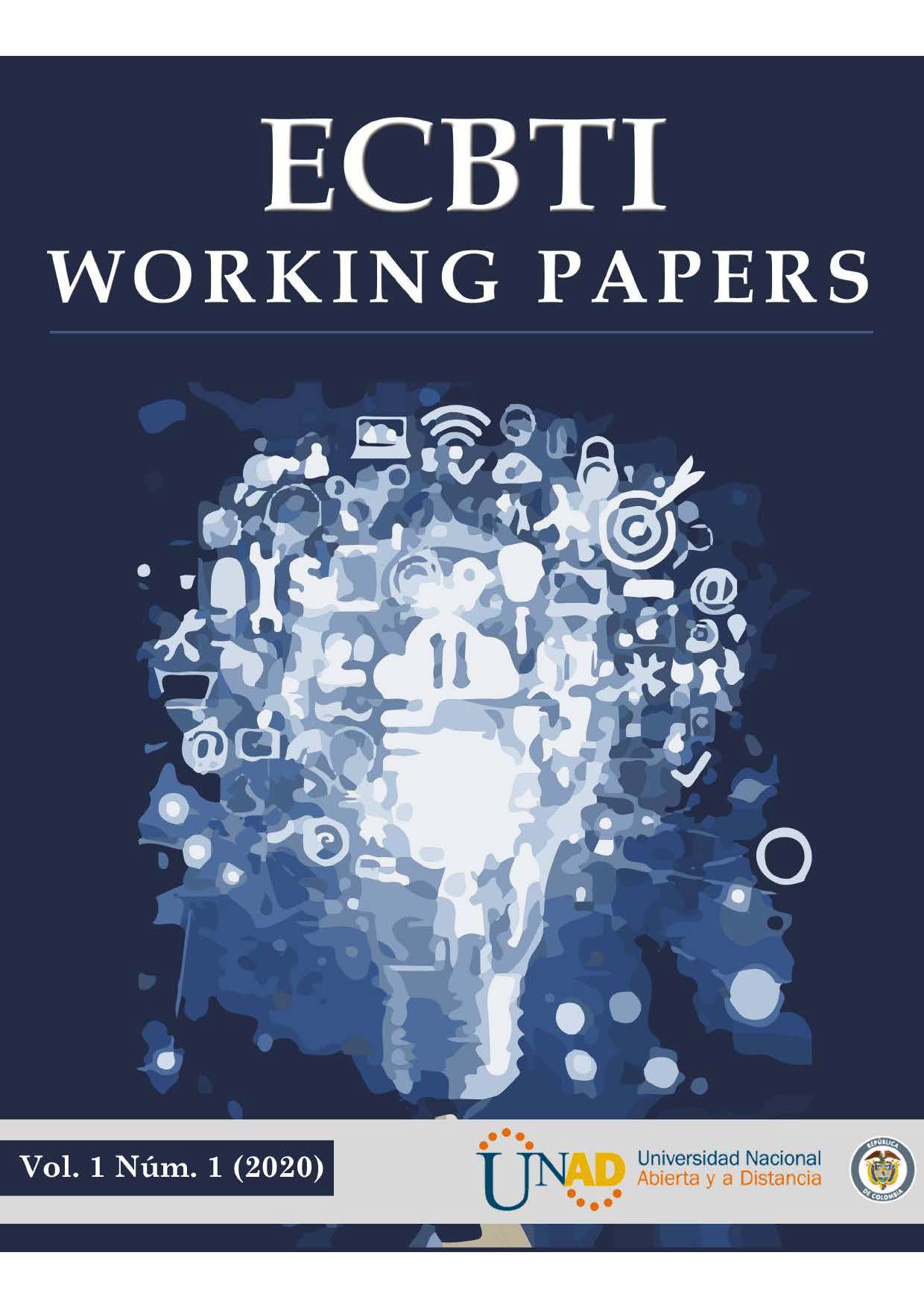Importance of Remote and Virtual Labs in Higher Education
Remote and virtual laboratories, in the fields of: science, engineering and technology, arose as a complement to the teaching of hands-on laboratories and are mainly strengthened in higher education centers. The evolution in this type of teaching is mainly due to the advancement of information technologies; and currently it has become relevant in times of pandemic of COVID-19 as a fundamental tool in education. Virtual and remote experimentation has several advantages compared to hands-on laboratories; the main one is reducing costs and being able to reach students at larger distances with internet access. This work presents a bibliographic review of the reference works in the field of remote and virtual laboratories, in the areas of science and engineering. The introduction to the subject is made first, followed by the presentation of the main projects worldwide for both virtual and remote laboratories. It presents special attention to the World Pendulum Alliance, a project of Remote Laboratories at a global level, which will allow the installation of a pendulum system to measure gravity along multiples countries with the participation of Universidad Nacional Abierta y a Distancia UNAD. This work shows the importance of virtual and remote laboratories, in higher education, and discusses relevant aspects for the effective application of this mode of teaching.





